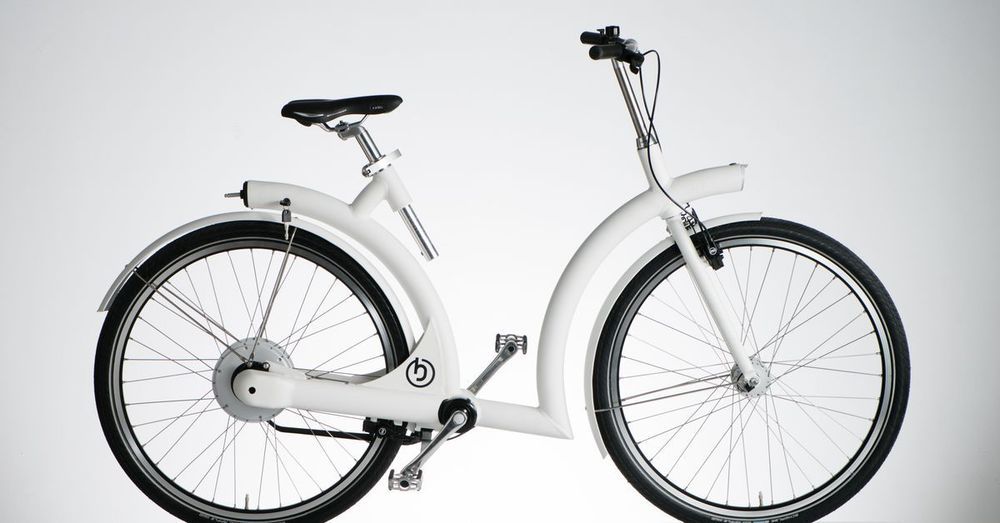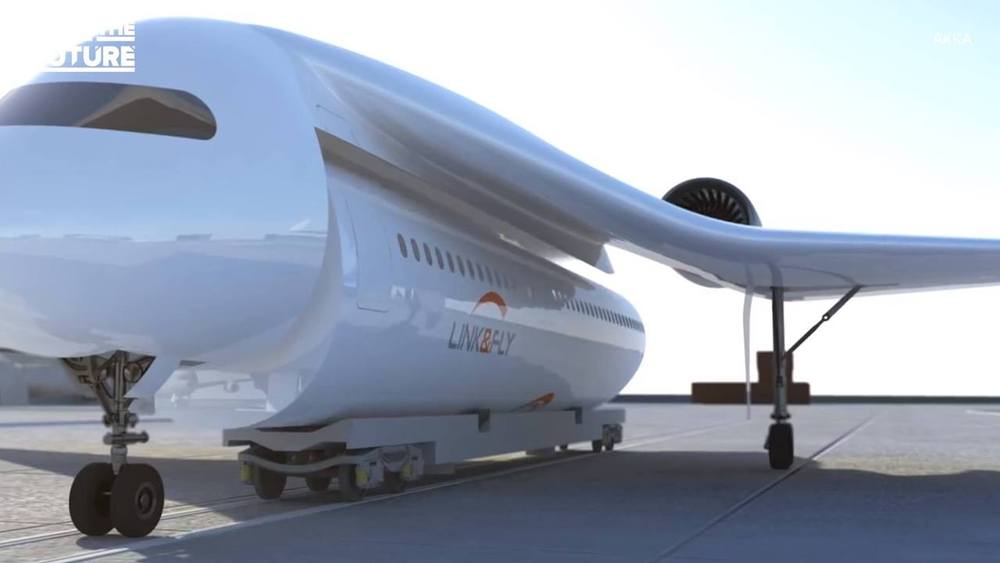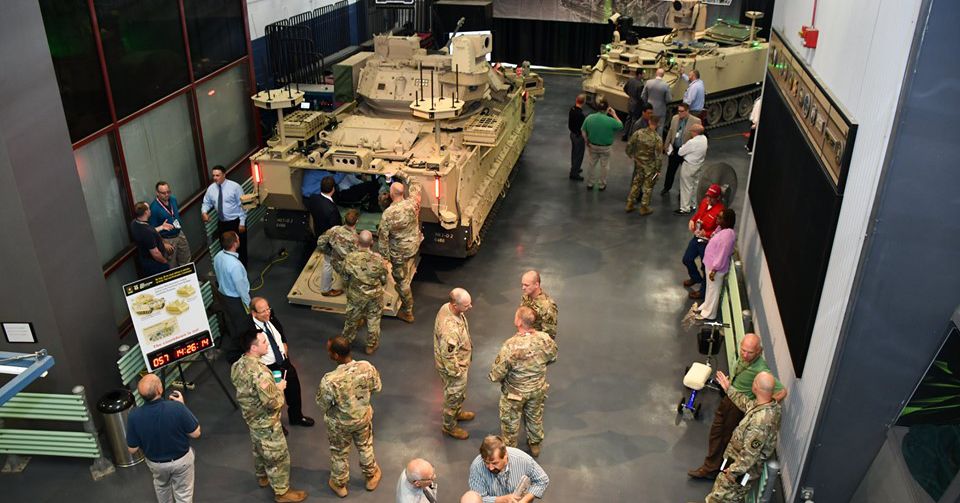Italy’s Mount Etna began spewing hot ash and lava overnight, forcing authorities to close two airports in eastern Sicily. Experts detected “lively spattering” at the volcano last month.




César Pelli, the architect whose firm designed Salesforce Tower in San Francisco, the Petronas Twin Towers in Malaysia and other of the world’s most recognizable buildings, died on Friday at his home in New Haven. He was 92.
The Argentine state news agency Telam confirmed the death, as did Anibal Bellomio, a senior associate architect at Pelli’s firm in Connecticut, with news organizations. Mr. Pelli had been dean of the Yale School of Architecture there, from 1977 to 1984.
Mr. Pelli’s many distinctive works include the World Financial Center in New York (now Brookfield Place), famous for its glass-roofed Winter Garden; the Pacific Design Center in Los Angeles, known for its bright blue-glass facade; and a terminal at Washington’s Reagan National Airport. He won hundreds of awards, including the American Institute of Architects’ 1995 gold medal.

(21 Oct 2017) LEADIN:
Forget plugging in to charge up your new electric car, engineers are now working towards a future where you never need to plug in ever again.
That’s some time off, but a new generation of batteries is being designed to power the latest electric cars, from high energy cells to power sports models to those that power over long distances.
STORYLINE:
Electric cars are no longer concepts kept in top secret bunkers at a car manufacturers research unit.
Nor are they a seen as four wheeled status symbols of the wealthy elite.
Imagine having your cell phone start to charge when you walk into a room, or your electric car charge as you drive over a particular strip of land. It’s like a sort of ambient charging environment surrounds you.
Harnessing the power of magnetic fields.




While more people and places are switching to energy-saving LED light bulbs, a California company has found a way to turn them into smart networks that can collect and feed data. However, the new technological opportunities are also raising privacy concerns, reports CBS News’ Bill Whitaker.
For example, should you find yourself in terminal “B” at Newark airport, look up. Those aren’t just new lights. They’re smart lights — a sophisticated array of LED fixtures with built-in sensors and cameras connected over a wireless network. They monitor security and the flow of foot traffic.
“Newark’s primarily interested in energy saving,” said Hugh Martin, president of Sensity, the Silicon Valley company that developed the smart lights at Newark and also a parking garage in San Jose.